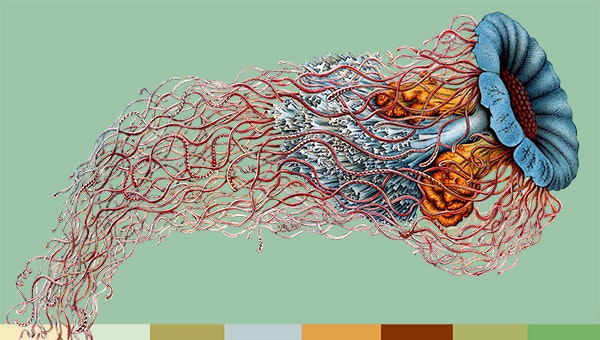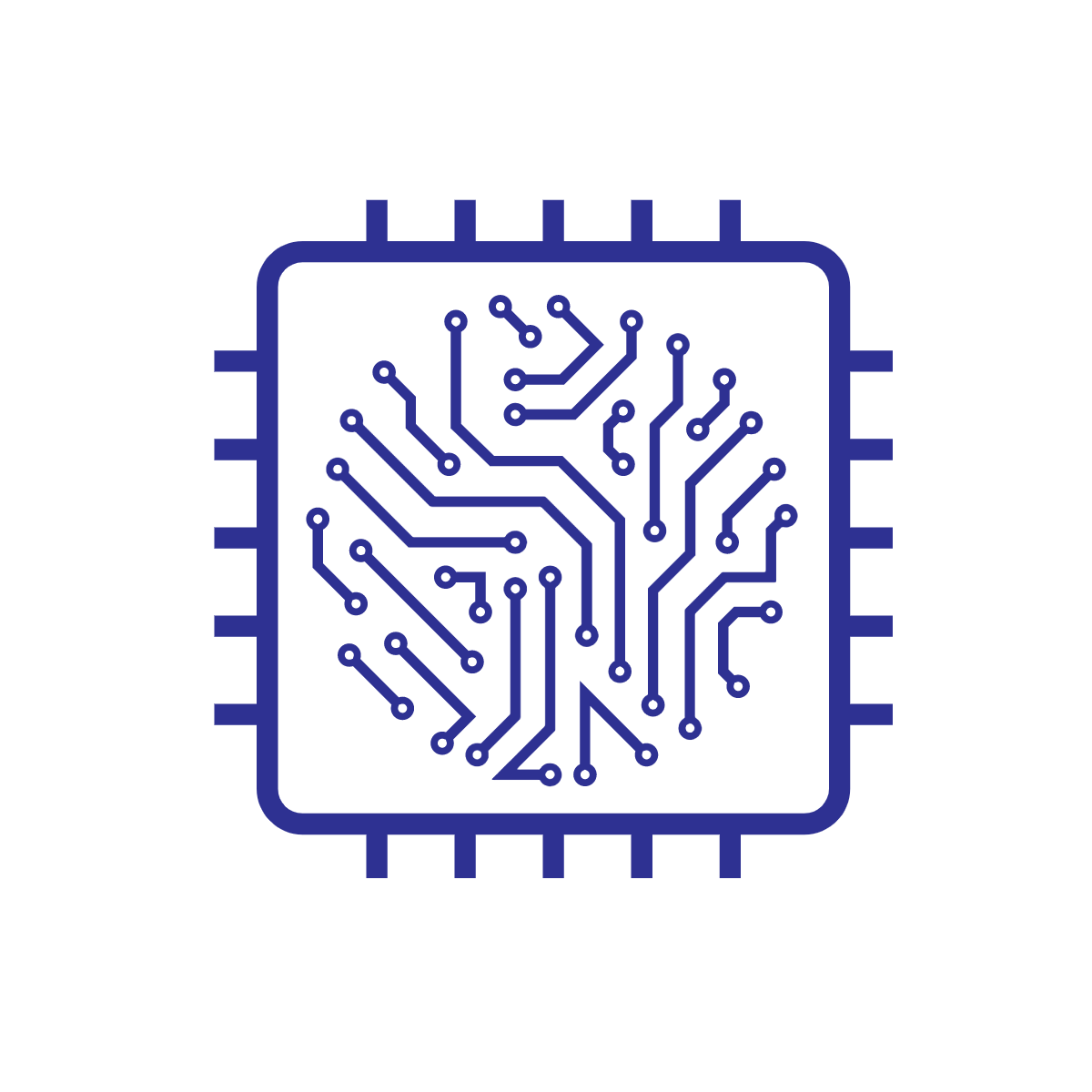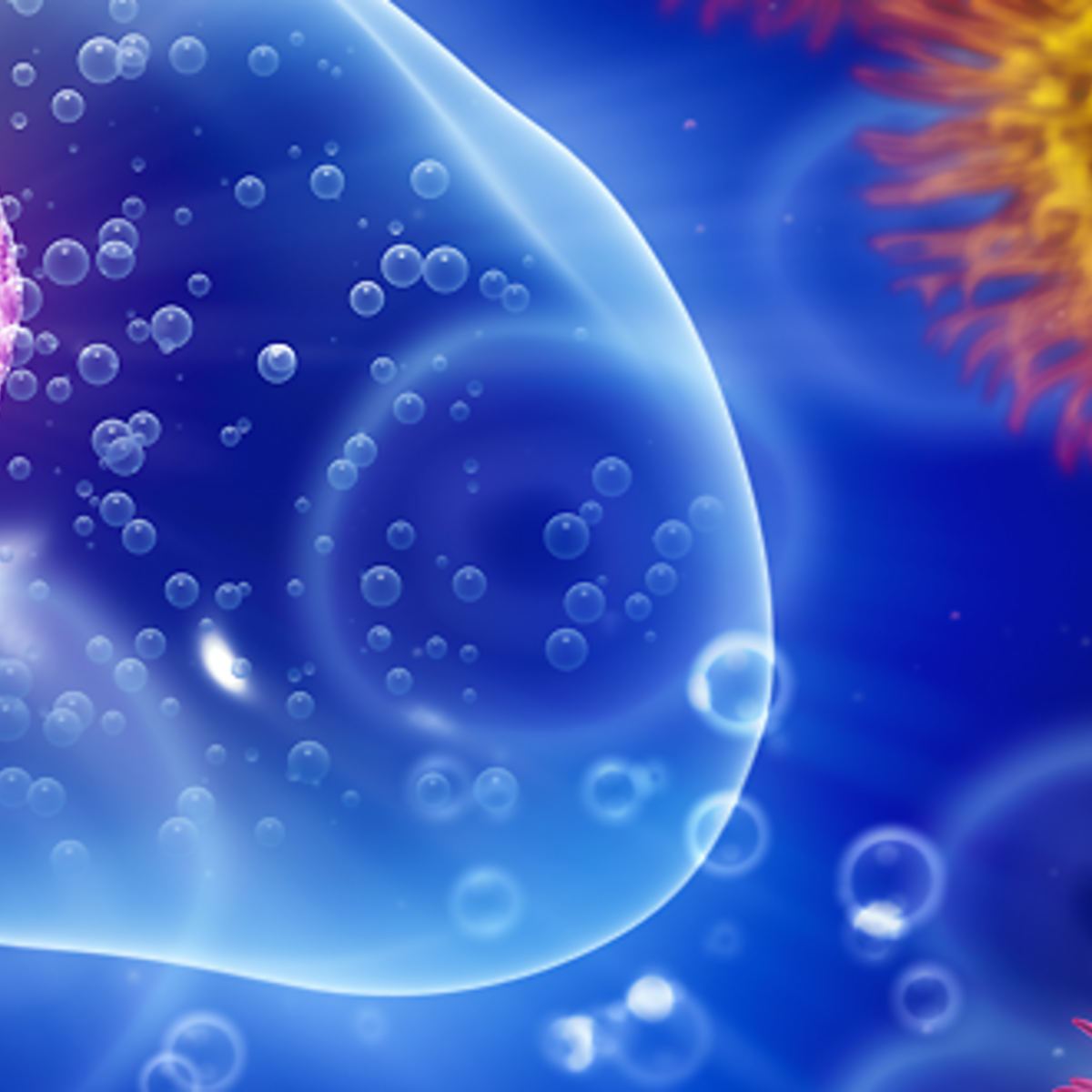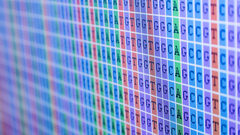Back to Courses









Life Sciences Courses - Page 35
Showing results 341-350 of 644

Animal Behaviour and Welfare
Animal welfare has been described as a complex, multi-faceted public policy issue which includes important scientific, ethical, and other dimensions. Improving our understanding of animal welfare, involves the fascinating study of animal behavior as well as the challenge of accessing the emotions of animals.
This is the On-Demand version of this course, which means you can start the course at any time and work through the course materials at your own pace. The materials and quizzes will always be available to you.
You can come and talk about the course on Twitter using the hashtag #EdAniWelf
Understanding Medical Research: Your Facebook Friend is Wrong
How can you tell if the bold headlines seen on social media are truly touting the next big thing or if the article isn't worth the paper it's printed on?
Understanding Medical Studies, will provide you with the tools and skills you need to critically interpret medical studies, and determine for yourself the difference between good and bad science.
The course covers study-design, research methods, and statistical interpretation. It also delves into the dark side of medical research by covering fraud, biases, and common misinterpretations of data. Each lesson will highlight case-studies from real-world journal articles.
By the end of this course, you'll have the tools you need to determine the trustworthiness of the scientific information you're reading and, of course, whether or not your Facebook friend is wrong.
This course was made possible in part by the George M. O'Brien Kidney Center at Yale.

Acupressure
This course provides an overview of the basic principles and applications of acupressure for patient symptom management and self-care.
By the end of the course, you will be able to: a) explain basic concepts of East Asian Medicine (EAM); b) describe clinical indications for acupressure and the evidence base for its use in symptom management; c) identify various methods of administering acupressure, and clinical contraindications/precautions associated with each; d) demonstrate acupoint protocols for the management of pain, gastrointestinal disturbances, and wellbeing; e) demonstrate an acupressure treatment session; including assessment, administration of acupoint therapy, and evaluation of treatment effect; and f) determine a plan of action for incorporating acupressure into your professional practice and self-care routines.
Continuing Education Credits
This course has been designed to meet Minnesota Board of Nursing continuing education requirements for 15 contact hours and may be eligible for CE credit from other professional boards that allow self-documenting of continuing education activities. It is your responsibility to check with your regulatory board to confirm this course meets your local requirements and, if necessary, to provide them with the certificate of completion you get if you pay for and fulfill all the requirements of this course.

Emergence of Life
How did life emerge on Earth? How have life and Earth co-evolved through geological time? Is life elsewhere in the universe? Take a look through the 4-billion-year history of life on Earth through the lens of the modern Tree of Life!
This course will evaluate the entire history of life on Earth within the context of our cutting-edge understanding of the Tree of Life. This includes the pioneering work of Professor Carl Woese on the University of Illinois Urbana-Champaign campus which revolutionized our understanding with a new "Tree of Life." Other themes include:
-Reconnaissance of ancient primordial life before the first cell evolved
-The entire ~4-billion-year development of single- and multi-celled life through the lens of the Tree of Life
-The influence of Earth system processes (meteor impacts, volcanoes, ice sheets) on shaping and structuring the Tree of Life
This synthesis emphasizes the universality of the emergence of life as a prelude for the search for extraterrestrial life.

Introduction to Data Science and scikit-learn in Python
This course will teach you how to leverage the power of Python and artificial intelligence to create and test hypothesis. We'll start for the ground up, learning some basic Python for data science before diving into some of its richer applications to test our created hypothesis. We'll learn some of the most important libraries for exploratory data analysis (EDA) and machine learning such as Numpy, Pandas, and Sci-kit learn. After learning some of the theory (and math) behind linear regression, we'll go through and full pipeline of reading data, cleaning it, and applying a regression model to estimate the progression of diabetes. By the end of the course, you'll apply a classification model to predict the presence/absence of heart disease from a patient's health data.
Black Agricultural Solutions to Food Apartheid: A Teach-Out
Black Agricultural Solutions to Food Apartheid is a series where we dive deep into the historical, ancestral, and spiritual connections that Black people have to land and agriculture. Throughout this course, we encourage participants to learn about their ancestral foodways, agrarian practices, and spiritual connections. These sessions share wisdom and highlight the importance of food sovereignty, rebuilding community, and land based living.
Participants will gain a deeper understanding of the spiritual and ancestral relationships that many Black people have to a higher power, land, plants, and each other.
Participants will walk away from this series with an understanding of the many benefits of gardening and farming, including but not limited to social capital, collective agency, physical wellbeing, deepened spiritual connections, community resilience, economic autonomy, organizing, mobilizing, and improved mental and emotional health.
Participants will leave this session with the desire to learn more about their own familial relationships to food and land, as well as a greater understanding of Black agriculture.

Contemporary Biology
This course is an introduction to biology as it applies to our everyday life. Learners will explore the interplay between science and self through a personalized case study of themselves and their environment. By the end of the course, learners will be able to recognize the interactions among natural phenomena and the implications of the scientific principles behind the physical world and their experiences living in it.

Bioinformatic Methods II
Large-scale biology projects such as the sequencing of the human genome and gene expression surveys using RNA-seq, microarrays and other technologies have created a wealth of data for biologists. However, the challenge facing scientists is analyzing and even accessing these data to extract useful information pertaining to the system being studied. This course focuses on employing existing bioinformatic resources – mainly web-based programs and databases – to access the wealth of data to answer questions relevant to the average biologist, and is highly hands-on.
Topics covered include multiple sequence alignments, phylogenetics, gene expression data analysis, and protein interaction networks, in two separate parts.
The first part, Bioinformatic Methods I, dealt with databases, Blast, multiple sequence alignments, phylogenetics, selection analysis and metagenomics.
This, the second part, Bioinformatic Methods II, will cover motif searching, protein-protein interactions, structural bioinformatics, gene expression data analysis, and cis-element predictions.
This pair of courses is useful to any student considering graduate school in the biological sciences, as well as students considering molecular medicine.
These courses are based on one taught at the University of Toronto to upper-level undergraduates who have some understanding of basic molecular biology. If you're not familiar with this, something like https://learn.saylor.org/course/bio101 might be helpful. No programming is required for this course although some command line work (though within a web browser) occurs in the 5th module.
Bioinformatic Methods II is regularly updated, and was last updated for February 2022.

Foundations of Public Health Practice: Health Protection
The Health Protection course is the fourth instalment of the wider Foundations of Public Health Practice specialisation from Imperial College London's Global Master of Public Health (MPH). The scope and content of this course has been developed from the ground up by a combined team of academics and practitioners drawing on decades of real-world public health experience as well as deep academic knowledge. Through short video lectures, practitioner interviews and a wide range of interactive activities, learners will be immersed in the world of public health practice.
Designed for those new to the discipline, over three modules (intended for three weeks of learning), learners will become familiar with the scope, principles and nuances of health protection in the context of public health practice. Beginning with the basics of Water, Sanitation and Health (WASH) based interventions, the course will introduce learners to the science and principles of practical microbiology, before examining vaccines, incident management and the threat posed by a wide range of manmade and natural environmental threats. By the end of this course, learners will be familiar and conversant with core health protection principles and approaches, and confident in discussing health protection issues when they move into practice.

The Addicted Brain
This is a course about addiction to drugs and other behaviors. It will describe what happens in the brain and how this information helps us deal with and overcome addiction. It will also discuss other topics, such as government policy and our vulnerability to take drugs.
Popular Internships and Jobs by Categories
Find Jobs & Internships
Browse
© 2024 BoostGrad | All rights reserved